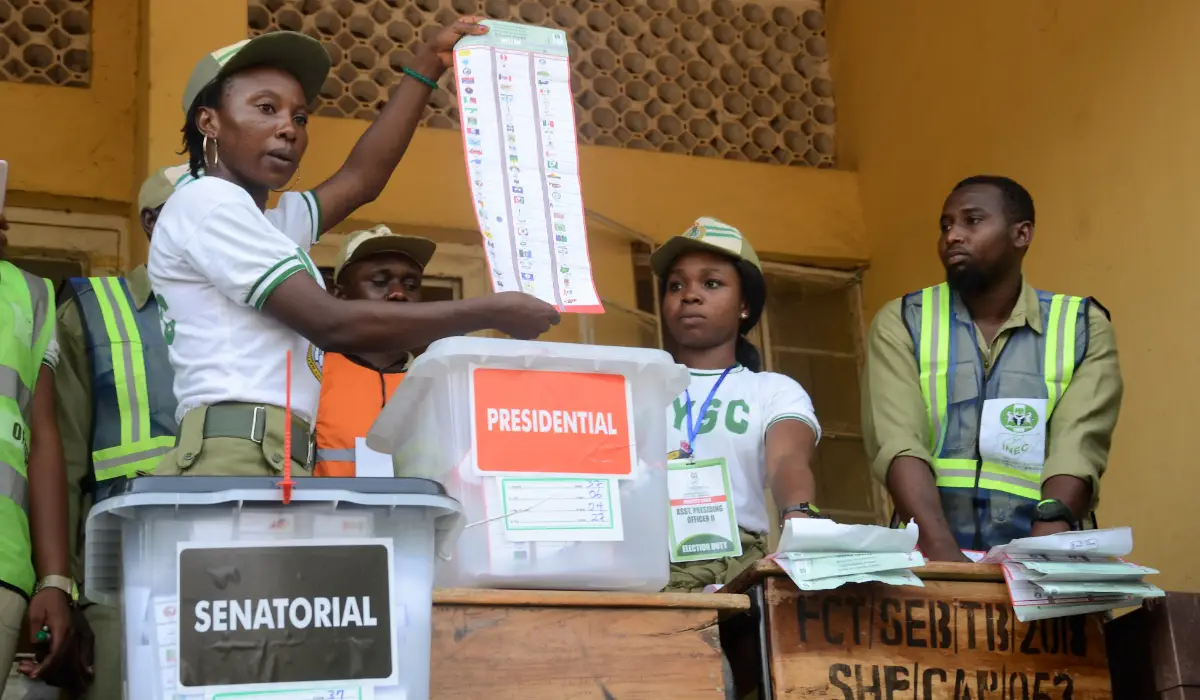International Democracy Day was commemorated on 15 September 2024, at a time when the African continent, and the world at large, is experiencing democratic decline and key deficits in the quality of electoral integrity. This context presents challenges and opportunities for the crucial role of citizen election observers in safeguarding democracy against the rise of authoritarianism in Africa. The African Election Observers Network (AfEONet) Electoral Integrity Africa Summit took place from 10-12 September 2024, in Kampala, Uganda, under the theme “Strengthening Electoral Transparency, Public Oversight and Collaborative Reforms”. The Summit provided a platform for expert participants to share insights regarding the contributions of citizen election observers and civil society organisations in rebuilding electoral integrity on the continent. This piece provides some key outcomes from discussions held during the Summit’s proceedings.
The current state of electoral integrity across Africa faces numerous challenges. These include a lack of financial support for election management bodies (EMBs), coupled with the growing commercialisation of elections. Additionally, gaps in civic education about electoral processes contribute to a public trust deficit in elections and voter apathy. In other regions, conducting genuinely ‘free and fair’ elections is hindered by unfavourable peace and security conditions, where violence or intimidation compromise electoral integrity.
In order to address these challenges, it is necessary to focus on the crucial role of Civil Society Organisations (CSOs) in monitoring the implementation of election observer recommendations and ensuring necessary electoral reforms. Furthermore, increased civic and voter education is essential in order to improve citizens’ engagement with electoral processes and enhance electoral legitimacy. Since political parties are the driving force behind electoral democracy, election observers should take the lead in monitoring and enhancing intraparty democracy.
[E]lectoral observation may need to evolve into election monitoring, granting observers more authority to act when they encounter irregularities during the election process.
Tweet
In implementing these recommendations, opportunities exist for regional collaboration between election observation networks and EMBs, fostering more coordinated and effective responses that build synergies for democratic renewal. Moreover, greater attention must be given to pre-election and post-election observation to critically assess and report on these phases, as they are just as important as the electoral phase itself. In fact, one of the suggestions during the Summit was that electoral observation may need to evolve into election monitoring, granting observers more authority to act when they encounter irregularities during the election process.
Delegates also discussed the need for transparency in electoral campaign financing and highlighted the need to regulate political party finance donations. There is a strong link between financial and electoral integrity. Money can influence voter preferences through electoral campaign financing, and the policy direction of political parties can be overly controlled by those who fund their operations. While electoral campaigning and political party financing is unavoidable, the growing influence of money in elections and politics calls for legal regulatory frameworks, strong institutions, and robust law enforcement agencies for greater transparency in order to safeguard electoral integrity across the continent.
One of the sessions during the Summit explored the role of artificial intelligence (AI) in enhancing electoral integrity. Delegates recognised that there are several opportunities for AI to enhance the electoral processes, including through voter verification; campaign monitoring; and the detection of electoral fraud, among other applications. However, these opportunities must be capitalised while also noting and mitigating potential risks associated with the use of AI. Concerns include digital safety; mistrust by African citizens about AI tools; a lack of civic education on how AI operates; and the monopolisation of AI and technological inventions by external corporations who may have ulterior motives and interests in Africa’s electoral outcomes.
While electoral campaigning and political party financing is unavoidable, the growing influence of money in elections and politics calls for legal regulatory frameworks, strong institutions, and robust law enforcement agencies for greater transparency in order to safeguard electoral integrity across the continent.
Tweet
All the abovementioned recommendations, along with those contained in election observer reports, require clear and intentional monitoring to enhance electoral integrity on the continent. One key recommendation to this effect was to professionalise recommendation reports as knowledge resources, making them more attractive to policy and governmental practitioners for implementation. This entails making recommendations more practical and solution-oriented, rather than simply identifying problems, in order to more effectively influence policy. Another recommendation from the Summit was to digitise election observer recommendation reports by creating a technological tool to store and monitor their implementation.
In conclusion, over and above the inputs from the Summit, it is critical that citizen election observers develop and build stronger relations with governments and opposition parties in order to have greater influence on electoral reforms. Most importantly, they must deepen their relations with citizens in order to foster public trust in the work of election observers and also reignite ownership and participation in the electoral process across Africa.
This article is based on the proceedings at the AfEONet-Acfim Electoral Integrity Africa Summit held on 10-12 September 2024, in Kampala Uganda, the link to the recording of the Summit can be accessed here.
Nkanyiso Simelane is a Researcher at ACCORD, focussing on Governance, Democracy, and Elections in Africa.

